I feel like a rabbit trying to put out a raging forest fire by stamping out a few burning leaves. But the myth will not die.
While people before Copernicus did indeed think the sun and all the planets orbited the earth, the myth persists (even among the well-educated) that the ancients also thought all of creation was centered on humanity.
The myth lives in one author (who shall remain nameless to protect the guilty) who recently wrote, for example, that when Galileo saw through his telescope that moons were orbiting Jupiter, he “revealed that the Earth (and humanity) wasn’t the center of the universe.”
We can thank C. S. Lewis (and Jason Baxter in The Medieval Mind of C. S. Lewis) for setting us straight. In the old cosmology,
humankind is at the periphery of everything that really matters. This “geocentric universe [was] not in the least anthropocentric,” because it “made man a marginal—almost . . . a suburban—creature.” It was not only that “everyone” knew “the Earth is infinitesimally small by cosmic standards” but also that the Earth was made out of the dregs, after the purer bodies of stars had been made (a curious agreement with modern speculation!). Everything interesting, festive, fiery, light, clean, and harmonious was way out there, while we, poor fools, dwell at “the lowest point” of the universe, “plunged . . .in unending cold”; the earth was “in fact the ‘offscourings of creation,’ the cosmic dust-bin,” “‘the worst and deadest part of the universe,’ ‘the lowest story of the house,’ the point at which all light, heat, and movement descending from the nobler spheres finally died out into darkness, coldness, and passivity.”*
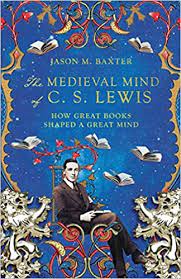 The heavenlies were thought to be perfect. Planets and stars were perfect spheres in perfect orbits. As we come closer to earth, we see that the moon clearly has imperfections, but less than the earth which is highly irregular with its many mountains and valleys, rivers and oceans. The most imperfect of all, hell, resided in the center of the earth.
The heavenlies were thought to be perfect. Planets and stars were perfect spheres in perfect orbits. As we come closer to earth, we see that the moon clearly has imperfections, but less than the earth which is highly irregular with its many mountains and valleys, rivers and oceans. The most imperfect of all, hell, resided in the center of the earth.
As I’ve written before, the ancients knew our place in the universe—lowly, fallen creatures in need of grace. Ironically, the modern, scientific viewpoint does not. Humanity is the apex of evolution and the conqueror of physical world. We arrogantly elevate ourselves, thinking we stand on our own.
Only in recent decades has the myth of human progress been tarnished by the twentieth century, the most violent century in human history, with over 160 million killed for political reasons. Racism and ethnic strife persist. The environment continues to be polluted.
We think the ancients have so much to learn from us. The reverse is true.
—
*Jason M. Baxter, The Medieval Mind of C. S. Lewis (Downers Grove, IL: IVP Academic, 2022), 150-51. The quotations are from Lewis’s The Discarded Image and English Literature in the Sixteenth Century.

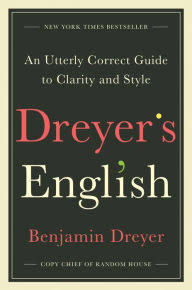
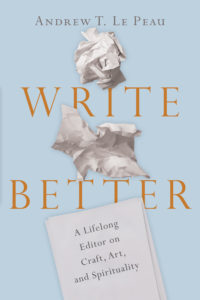
 Then Cooper said, “Can I ask a question? Do you feel you are entitled to the truth?”
Then Cooper said, “Can I ask a question? Do you feel you are entitled to the truth?”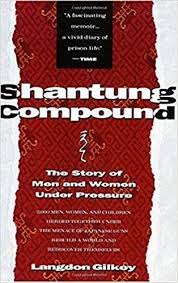
 Riders are not mere lackies. They can learn new types of thinking (math, logic, technology, etc.) and explore alternatives which can help the elephant avoid disaster. “And most important,” as Haidt wrote in
Riders are not mere lackies. They can learn new types of thinking (math, logic, technology, etc.) and explore alternatives which can help the elephant avoid disaster. “And most important,” as Haidt wrote in  Anything sound odd to you about that story? Anything odd besides a man being dead in an office for five days without anyone noticing?
Anything sound odd to you about that story? Anything odd besides a man being dead in an office for five days without anyone noticing? We rotate hosting our get-togethers, with the hosts selecting the book and leading the discussion. Without trying, our books (and occasional movies) have been split almost evenly between fiction and non-fiction. We’ve enjoyed history, science fiction, mystery, memoir, classics, and current best-sellers.
We rotate hosting our get-togethers, with the hosts selecting the book and leading the discussion. Without trying, our books (and occasional movies) have been split almost evenly between fiction and non-fiction. We’ve enjoyed history, science fiction, mystery, memoir, classics, and current best-sellers.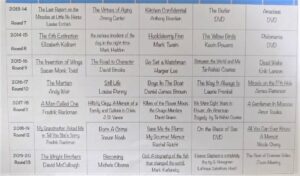 I prefer our system of making selections over voting as a group which can result in choosing everyone’s second or third choice. That could also keep the range much more narrow and perhaps less challenging to our own tastes or viewpoints. I enjoy being stretched by the personal selections of my friends.
I prefer our system of making selections over voting as a group which can result in choosing everyone’s second or third choice. That could also keep the range much more narrow and perhaps less challenging to our own tastes or viewpoints. I enjoy being stretched by the personal selections of my friends. Today we live in what Tom Wolfe called the “Me Generation” and what David Brooks labeled in The Road to Character as the age of “the Big Me.” Yet, contrary to popular opinion, our sinful nature is, as Chesterton once observed, the only Christian doctrine that is empirically verifiable.*
Today we live in what Tom Wolfe called the “Me Generation” and what David Brooks labeled in The Road to Character as the age of “the Big Me.” Yet, contrary to popular opinion, our sinful nature is, as Chesterton once observed, the only Christian doctrine that is empirically verifiable.*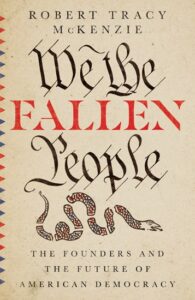

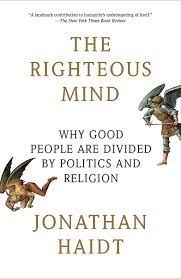
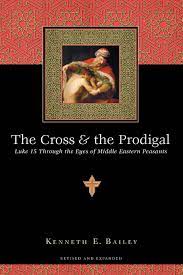
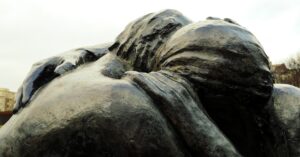 Further, he acts as his own intermediary. Mediators are common in such cultures. Two people who are at odds do not confront each other directly lest one loose face. The father took this risk of rejection. Indeed, having been the grievously injured party, custom would require that the father wait and aloofly receive his groveling son—which is exactly what the son expects. The father again sets aside his honor for the prospect of joyful reconciliation.
Further, he acts as his own intermediary. Mediators are common in such cultures. Two people who are at odds do not confront each other directly lest one loose face. The father took this risk of rejection. Indeed, having been the grievously injured party, custom would require that the father wait and aloofly receive his groveling son—which is exactly what the son expects. The father again sets aside his honor for the prospect of joyful reconciliation.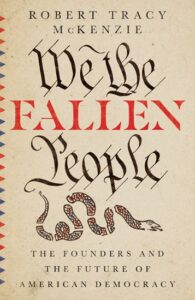
 While those of us who are committed Christians are clearly called to support the causes of justice, this should not be at the cost of bearing witness to the kingdom. Indeed, many conservative Christians claim that the most important thing they can do is spread the gospel of Jesus Christ. Yet they seem quite willing to sacrifice that on the altar of political power.
While those of us who are committed Christians are clearly called to support the causes of justice, this should not be at the cost of bearing witness to the kingdom. Indeed, many conservative Christians claim that the most important thing they can do is spread the gospel of Jesus Christ. Yet they seem quite willing to sacrifice that on the altar of political power.